Introduction
Polytechnic of Šibenik is a higher education institution located in Šibenik, Croatia. It is committed to providing high-quality education in the fields of social sciences and technical sciences to students, cultivating students' critical thinking, communication skills, decision-making skills, etc., so that they can effectively manage the development of enterprises and local and national communities.
Overview
Student size: The specific number of students is not clearly announced, but it is speculated that the student size is a certain number and is on the rise based on the annual enrollment of international students and the curriculum setting.
Course setting: Undergraduate and master's programs are offered, covering majors in tourism management, business informatics, transportation, administrative law, nursing, art, humanities, medicine and health, science and technology, engineering and other fields.
History
The school was established in 2006 and has been carrying out educational activities in the fields of social and technical sciences since its establishment.
Establishment time
2006.
School strength
Teaching staff: It has a team of highly professional teachers who not only have solid professional knowledge, but also can guide students to learn and practice through rich teaching experience, and provide students with good educational guidance.
Teaching achievements: Its courses are set up according to the Bologna standards, focusing on cultivating students' practical ability and employment competitiveness. Graduates have certain advantages in the job market and can better adapt to social and workplace needs.
International Exchange: Actively participate in many international conferences and student exchange programs, and establish cooperative relations with universities and institutions in many countries and regions, providing students with a broad international exchange platform, attracting thousands of international students to study here every year.
Institutional Nature
Non-profit public higher education institution.
Educational Philosophy
Focus on cultivating students' comprehensive abilities, emphasizing that students should learn to think critically, communicate effectively, make decisions, and have the ability to efficiently manage enterprises and promote the development of local and national communities. The teaching process follows the Bologna standards and provides students with the necessary knowledge and skills through a combination of theory and practice to help them find jobs better.
Key laboratories and disciplines
Key disciplines: The relevant disciplines in the fields of social sciences and technical sciences are its key development directions, such as tourism management, business informatics, engineering and other majors. These disciplines have invested heavily in teaching and scientific research, and have achieved relatively remarkable results, providing students with high-quality educational resources and development platforms.
Key laboratories: No clear key laboratories have been found in the school, but judging from its subject settings, corresponding professional laboratories may be equipped in the teaching of engineering, computer and other disciplines to assist teaching.
Faculties
The university has departments such as Management, Public Administration, and Traffic and Transportation. The Management Department covers professional fields such as Tourism Management; the Public Administration Department mainly focuses on majors such as Public Administration; and the Traffic and Transportation Department focuses on majors such as Transportation and Communications.
Ranking
According to the ranking data of 4icu.org, its world ranking in 2024 is 8932 and 20th in Croatia.
According to the ranking data of Study Abroad Aide, its world ranking in 2025 is 7864, 2425 in Europe, and 34th in Croatia.
Expenses
Tuition fees: Tuition fees for undergraduate degrees are usually around 12,000 Croatian Kunas per year, such as Computer Science, Electrical Engineering, Mechanical Engineering, etc.; Master's degree tuition fees are generally around 15,000 Croatian Kunas per year, also including master's programs in Computer Science, Electrical Engineering, Mechanical Engineering, etc. .
Living expenses: Living expenses are approximately 1350-4600 per month USD.
Campus Environment
Geographical location: Located in Sibenik, in the middle of the Adriatic coast of Croatia, in the picturesque bay of the Krka River, it is the administrative, political, economic and social and cultural center of Sibenik-Knin County.
Campus Facilities: The campus is equipped with modern classrooms, providing students with a good learning environment. In addition, the school also has a library to provide students with rich learning resources; at the same time, it provides academic and non-academic facilities and services such as study abroad and exchange programs to meet the diverse needs of students.
-

University of Dubrovnik
-
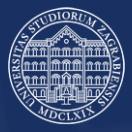
University of Zagreb
-
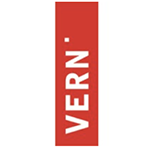
VERN' University
-
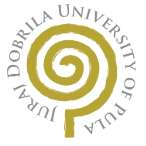
University of Pula
-
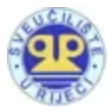
University of Rijeka
-

University of Zadar
-

Zagreb University of Applied Sciences
-
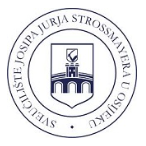
J.J. Strossmayer University of Osijek
-
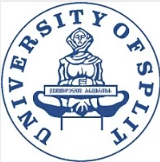
University of Split
-

Karlovac University of Applied Sciences
-

Mesoamerican University
-

Istmo University
-

Mariano Galvez University of Guatemala
-

Regional University of Guatemala
-

Galileo University
-

Francisco Marroquín University
-

Rafael Landívar University
-

University of the Valley of Guatemala
-

University of San Carlos of Guatemala
-

Technological Institute of Tlaxcala Plateau
-

Golfo University
-

Technological University of South Sonora
-

Technological University of Huejotzingo
-

Tizimín Institute of Technology
-

Chilpancingo Institute of Technology

